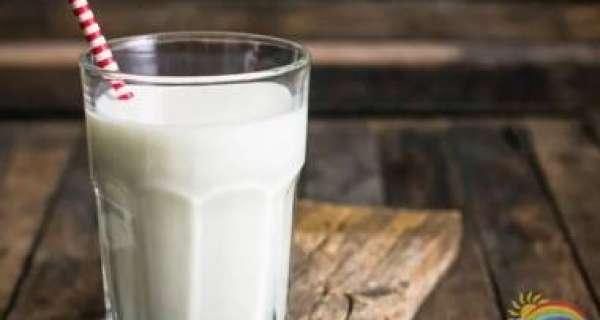Physicians emphasize the importance of plenty of milk for young bodies, and dairy products have long been a part of the standard food pyramid (taught to our children and therefore, perpetuated). Shoppers have options, and now need to be educated and picky about their daily moo juice.
Milk from many animals, particularly cows, has long been a regular food staple for many, but not all, cultures. It provides other food sources such as cheese, yogurt, butter and kefir and is a source of protein, vitamin D and calcium. On the flip side, it's also a trigger for lactose intolerance. Lactose is a sugar usually digested in the intestinal tract. Many people lack or lose the ability to digest lactose and will suffer from significant bowel cramping, bloating or even loose bowels upon consuming dairy products. This problem can be overcome to some degree by replacing the lost enzyme as an oral supplement.
Dairy is one of the most commonly reported food allergies. Even when not seen as a specific allergy, milk is frequently not tolerated by the gastrointestinal tract. This is a problem that can extend beyond lactose intolerance. For many, milk can cause bloating, constipation and even reflux. Clinically, milk may also be linked to increased eczema, worsening sinus problems, migraine headaches and joint pain. Milk is considered a mucus-producing food and is clinically thought to aggravate congestion. One Johns Hopkins physician, Dr. Frank Oski, has even written a book that shares his experiences of decreased rates of strep throat infection once children removed milk from their diets. Often, these conditions resolve or improve when milk is removed or eliminated from the diet.
For those who wish to keep dairy in their diet, know that much of the “regular” milk on store shelves is far from healthy. Milk cows are given growth hormones to increase their milk production and antibiotics to decrease infections. These materials become contaminants in the milk and their impact on the human body is not entirely known. Look for containers that clearly state that the cows used to produce the milk were not given any hormones or antibiotics. The term “organic” can be misleading. Organic milk may mean no hormones in one case and no antibiotics in another, or that the cows were fed organic grain. Even large consumer companies such as Kroger and Starbucks are offering hormone-free dairy products.
You should also choose milk from grass-fed cows. While most cows will graze on grass at some point in their lifetime, many will be shifted to some other feed source to increase their size and milk production. Cattle rely on an internal system that is uniquely adapted to the processing of grasses as their major food source. Other types of food, such as corn, will fatten up the cow and make them less healthy. This carries over to both the meat and the milk. Cows fed exclusively grass will themselves be healthier and produce healthier milk.
Another growing trend in nutrition is a return to raw milk, which has not been pasteurized. Pasteurization is the process of heating milk at very high temperatures to destroy bacteria. Many argue that this exposure to high heat also damages the natural structures of the proteins in the milk, making them harder to digest. A study focusing on children raised on a farm showed decreased allergies due to exposure to high levels of bacteria, in addition, data suggests a protective effect of raw milk in regards to allergies. Raw milk is a source of propionibacterium, a group of bacteria that is thought to help benefit the health of the intestinal tract. Clearly, the source of any raw milk product will have a direct effect on its quality. Take the time to understand what safeguards have been made at that particular dairy to keep the facility clean and the cows as healthy as possible. States vary on the legality of raw milk products, and those interested should investigate what is available in their state. Listen to what your body is telling you about milk consumption, and always respect the answer that is given.
Is milk good for you?














